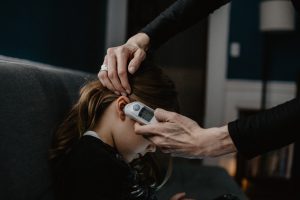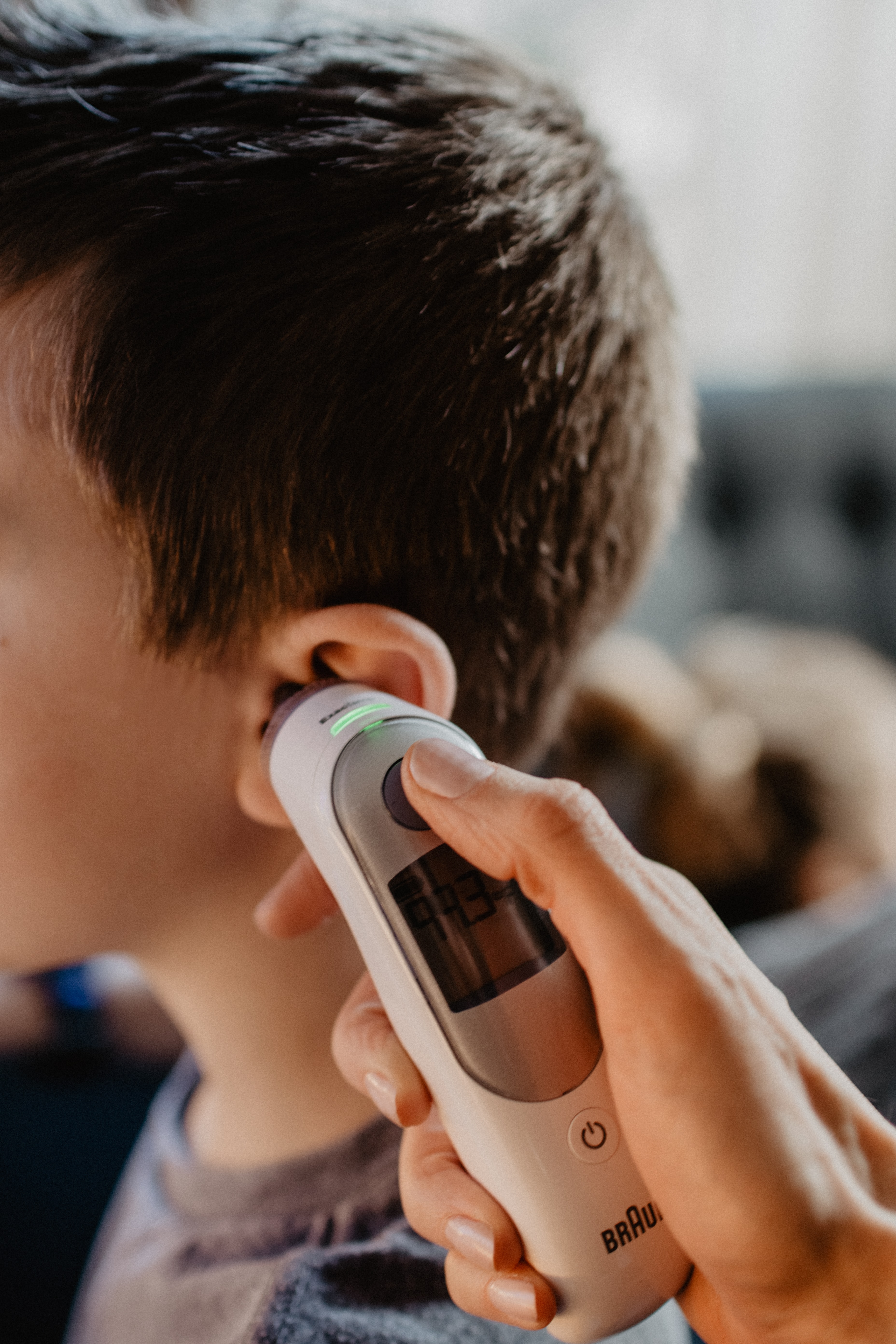Children are being hospitalized with mysterious symptoms possibility linked to the coronavirus.
Several European countries have reported a mysterious new condition in children that has seemed to make its way to the United States. There have been more than twenty cases as of late in New York City. Medical personnel are not sure yet what to make of it but are likening the symptoms to either toxic shock syndrome or Kawasaki disease, and believe it could be linked to COVID-19.
According to the NYC Health Department, the children, ages 2 to 15, have shown symptoms involving inflammation of the blood vessels, including coronary arteries. There have been no fatalities to date, but the number seems to be rapidly rising. Cohen Children’s Medical Center in Queens has already admitted five critically ill patients ages 4 to 12. In total, about 25 similarly ill children have been admitted to the hospital with everything from reddened tongues to enlarged coronary arteries.
The state health commissioner, Dr. Howard A. Zucker, said state officials were still investigating the cause of the syndrome. It is not entirely clear yet whether COVID-19 caused the symptoms, although there appears to be a link. New York has been the U.S. epicenter of the pandemic and many European countries have also been hit especially hard. Children who have been hospitalized for the coronavirus may have picked up secondary health conditions while being treated.

“There are some recent rare descriptions of children in some European countries that have had this inflammatory syndrome, which is similar to the Kawasaki syndrome, but it seems to be very rare,” Dr. Maria Van Kerkhove, a World Health Organization scientist, said.
According to WebMD, “Toxic shock syndrome is still mostly a disease of menstruating women who use tampons. But it has also been linked to the use of menstrual sponges, diaphragms, and cervical caps…And it can happen to men and women who have been exposed to staph bacteria while recovering from surgery, a burn, an open wound, or the use of a prosthetic device.”
The underlying cause of toxic shock syndrome is “a poison produced by Staphylococcus aureus bacteria. This bacteria is one of several staph bacteria that cause skin infections in burn patients and hospital patients who have had surgery,” WebMD explains.
Kawasaki disease (KD), also known as Kawasaki syndrome, is, however, “the most common cause of heart disease in children in developed countries,” according to the American Heart Association. It is often confused, but not synonymous with, toxic shock syndrome, although the two conditions presently in a similar way. The agency states, “KD affects children and a smaller percentage of teens, creating inflammation in the blood vessels, particularly the coronary arteries. The average age of those affected is 2, 75% are younger than 5 and boys are 1.5 times more likely than girls to get KD.”
New York City’s health commissioner, Oxiris Barbot, discussed the possibility the syndrome is linked to the coronavirus, stating, “Even though the relationship of this syndrome to COVID-19 is not yet defined, and not all of these cases have tested positive for COVID-19 by either DNA test or serology, the clinical nature of this virus is such that we are asking all providers to contact us immediately if they see patients who meet the criteria we’ve outlined.”
Sources:
15 Children Are Hospitalized With Mysterious Illness Possibly Tied to COVID-19
Understanding Toxic Shock Syndrome — the Basics
New Count Reveals 1,600 More Nursing Home Deaths in N.Y.
American Heart Association: Kawasaki Disease
Children Are Falling Ill With a Baffling Ailment Related to Covid-19


Join the conversation!